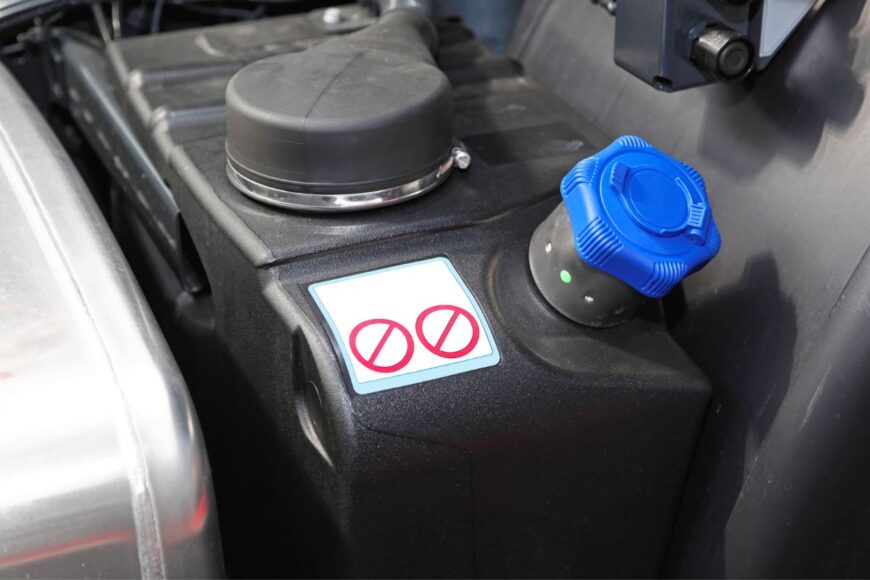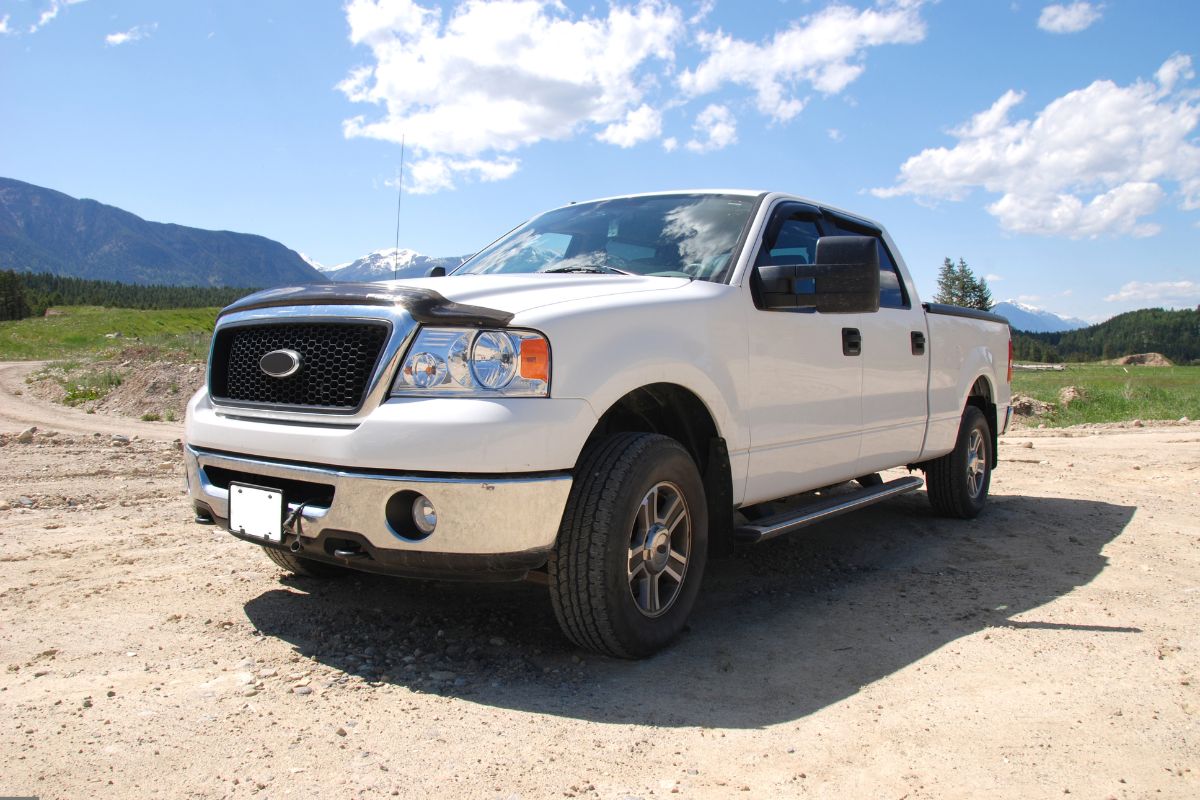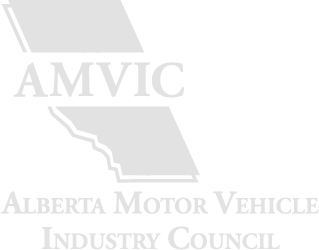- November 1, 2024
- By Chelsy Theriault
- In Blog, Performance Upgrades
Diesel Exhaust Fluid (DEF) Explained

If you’ve ever visited diesel shops in Edmonton or driven a diesel vehicle, you’ve probably heard of Diesel Exhaust Fluid (DEF).
But what exactly is it, and why is it important for your vehicle?
Let’s break down everything you need to know about DEF and how it impacts your diesel engine.
What Exactly is DEF?
Diesel Exhaust Fluid, commonly known as DEF, is a non-toxic solution made from a mix of urea and deionized water.
It’s designed to reduce the harmful emissions produced by diesel engines.
DEF is stored in a separate tank on your vehicle and is injected into the exhaust stream to break down harmful nitrogen oxide (NOx) emissions into harmless nitrogen and water vapor.
How Does DEF Work?
When your diesel engine is running, DEF is sprayed into the exhaust system before the exhaust gases enter the catalytic converter.
This process, known as Selective Catalytic Reduction (SCR), converts harmful NOx emissions into harmless gases.
It’s a key part of meeting emissions standards for diesel engines, helping your vehicle run cleaner and more efficiently.
The Science Behind DEF
Diesel Exhaust Fluid (DEF) might sound complicated, but it’s really just a mix of water and urea, which is a common compound found in fertilizers.
When your diesel engine is running, DEF gets sprayed into the exhaust system and heats up. This heat causes the urea in DEF to turn into a gas called ammonia.
The ammonia reacts with the harmful pollutants (called nitrogen oxides, or NOx) in the exhaust and breaks them down into harmless nitrogen and water.
This process is what makes diesel engines cleaner by reducing the amount of dangerous emissions released into the air.
Benefits of Using DEF
Using DEF in your diesel vehicle comes with several benefits, including:
- Reduced Emissions: DEF helps to significantly reduce the amount of NOx emissions, which are harmful to both the environment and human health.
- Improved Fuel Efficiency: Vehicles that use DEF and the SCR system tend to have better fuel economy compared to older models without this technology.
- Compliance with Emissions Standards: DEF is necessary for your vehicle to meet modern emissions regulations, which helps avoid fines and other penalties.
Overall, DEF not only keeps your diesel vehicle running efficiently but also helps protect the environment and keeps you on the right side of emissions regulations.
How Often Should DEF Be Refilled?
The frequency of DEF refills depends on your vehicle’s size and usage.
Typically, a light-duty diesel vehicle will consume DEF at a rate of about 2-3% of its diesel fuel consumption.
For example, if you use 100 liters of diesel, you would use about 2-3 liters of DEF.
It’s a good idea to monitor your DEF levels regularly to avoid any disruptions while driving.
Common Myths About DEF
There are several misconceptions about DEF that can lead to confusion. Let’s clear up some of the most common ones:
DEF is a Fuel Additive
Many people mistakenly believe that DEF is mixed with diesel fuel. In reality, DEF is stored in a separate tank and is never mixed with the fuel. It’s injected into the exhaust system, not the fuel tank.
DEF Can Freeze and Damage the Engine
While DEF can freeze in extremely cold temperatures, it’s not harmful to the engine. Most diesel vehicles have built-in heating elements that prevent DEF from freezing in the tank. If it does freeze, your vehicle will still operate normally, and the DEF will thaw when the engine warms up.
You Can Use Water as a Substitute for DEF
This is one of the most dangerous myths out there. DEF is specifically formulated to meet strict emissions standards, and using anything other than DEF can damage the SCR system and lead to costly repairs. Always use certified DEF products to keep your engine running smoothly.
Can a Diesel Vehicle Run Without DEF?
Technically, a diesel vehicle can run without DEF, but it’s not advisable.
Most modern diesel engines are designed to enter “limp mode” when the DEF tank is empty.
In this mode, the vehicle’s speed and power are significantly reduced, making it difficult to drive normally.
Limp Mode
When your DEF runs low or empty, the vehicle’s computer system may limit engine performance to encourage refilling.
You’ll know your vehicle is in limp mode because you’ll notice a significant drop in speed and power, even when you press the accelerator.
You might also see a warning light on your dashboard, usually showing a symbol related to the emissions system or a message saying “DEF Low” or “Service DEF System.”
This is a built-in safety feature to prevent excessive emissions and protect the engine from potential damage.
Fines and Non-Compliance
In Alberta, running your diesel vehicle without DEF can lead to serious fines, especially during emissions checks or roadside inspections.
If your DEF system is empty or not working correctly, you could be fined up to $5,000 under provincial regulations.
Commercial vehicles are even more closely monitored, and non-compliance can result in hefty penalties and vehicle downtime.
To avoid these costly issues, it’s best to keep your DEF tank full and ensure your system is functioning properly whenever you’re on the road.
Can I Refill My Own DEF?
Yes, you can refill your own DEF, and it’s a fairly straightforward process. DEF is widely available at most automotive stores and diesel shops in Edmonton.
Just make sure to follow the instructions on the DEF packaging to avoid any spills or contamination.
Where Do I Get DEF?
You can find DEF at many locations, including truck stops, automotive stores, and even some big-box retailers.
It’s also available in various sizes, from small bottles to large jugs, depending on your needs.
Refilling DEF At Home
When refilling DEF at home, use a clean, designated funnel to avoid contaminating the fluid. Make sure to store any leftover DEF in a cool, dry place away from direct sunlight.
It’s also a good idea to check the expiration date on the container, as expired DEF can lose its effectiveness.
Handling and Storing
DEF is a non-toxic and non-flammable liquid, but it’s still important to handle it with care. Always use clean equipment when refilling, and store it in a sealed container to prevent contamination.
If DEF isn’t stored properly, it can degrade and lose its effectiveness, which can lead to issues with your vehicle’s emissions system.
Exposure to high temperatures or direct sunlight can cause DEF to break down, and using contaminated or degraded DEF can damage the SCR system, leading to costly repairs.
Seeing the Professionals
If you’re unsure about refilling your DEF or have any concerns about your vehicle’s emissions system, it’s always a good idea to visit a professional diesel shop.
They can check your DEF levels, refill your tank, and ensure everything is working properly.
Visit Your Diesel Shop in Edmonton for Expert DEF Advice
Understanding DEF and its role in your diesel vehicle can help keep your engine running smoothly and efficiently.
If you’re ever in doubt or need assistance, visit one of the diesel shops in Edmonton, like Park Muffler, to get expert advice and service.
Stay on top of your DEF levels to keep your diesel running at its best!
Proudly Canadian owned and operated
© Park Muffler - All Rights Reserved.


